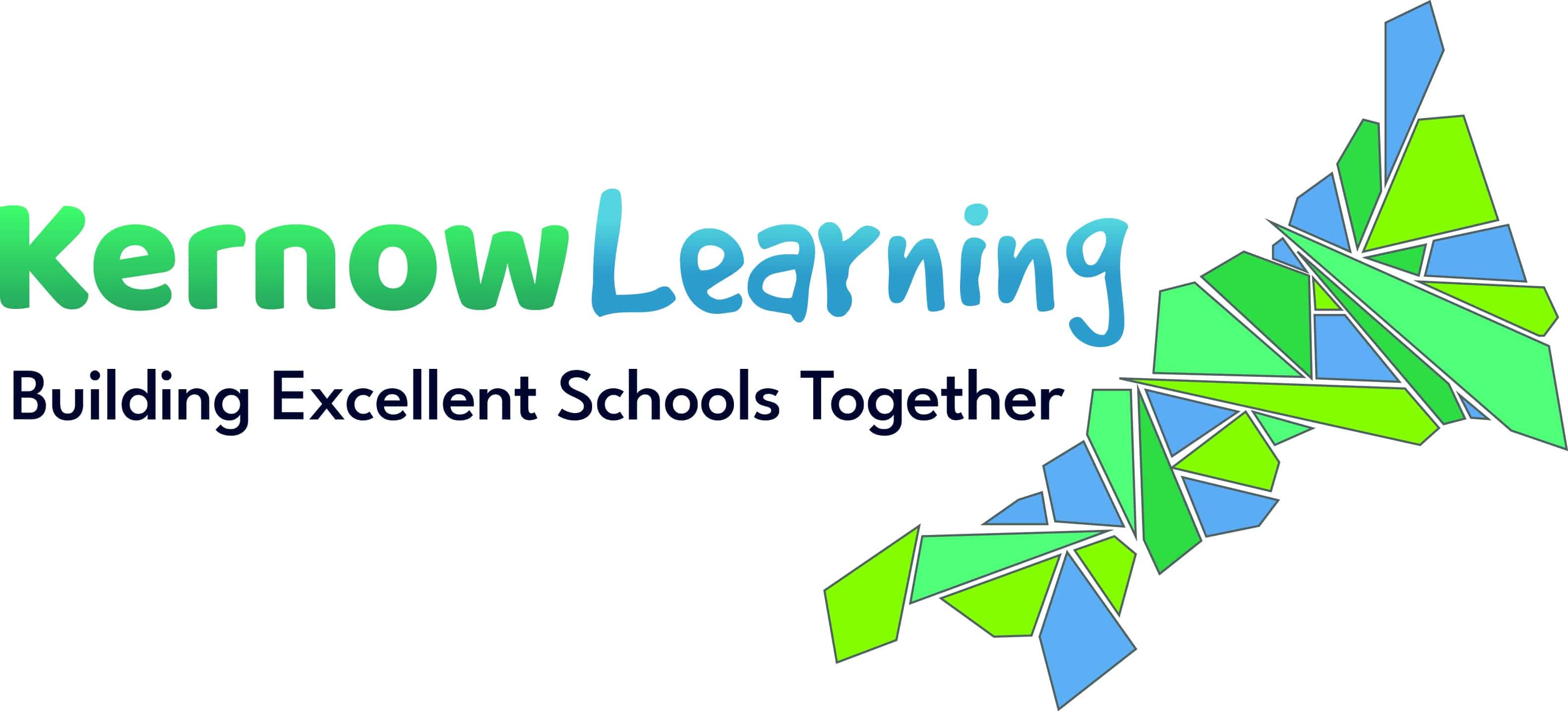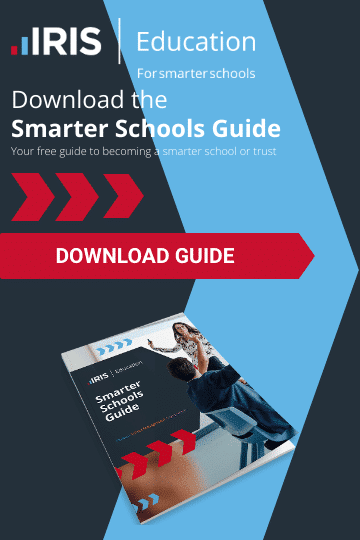BLOGS
AI in education: will the future be forever changed?

Artificial Intelligence (AI) has become a global focal point, sparking enthusiasm for its revolutionary potential alongside equal measures of scepticism.
A prime example of this attitude is in the education sector.
The transformative power of AI in education is eagerly anticipated, while many sceptics also caution against potential downsides, fearing an erosion of students' critical thinking skills.
Prevailing narratives include headlines highlighting students using generative AI for essays and homework, further fuelling concerns regarding the technology's impact on education.
Will the scope of AI in education surpass mere shortcuts?
The upsides of AI in education
Whether we like it or not, artificial intelligence is changing all aspects of our daily lives.
As with other industries, the education sector is posed with a dilemma: fear and suppress the inevitable change or adapt and capitalise on the new technology.
Understanding is half the battle.
With headlines dominated by speculation, rumours and obscene claims, it's no surprise that the potential use cases of AI remain a mystery.
So, aside from students getting somewhat of a cheat code for their homework, what benefits can schools and trusts gain?
Personalised education delivery
Frankly, with teachers being so incredibly time-poor, offering a tailored experience to support each unique learning style isn’t currently feasible.
However, artificial intelligence - through machine learning algorithms - could be the solution; assessing individual strengths, weaknesses and preferences.
In theory, the data-driven approach provides recommendations around tailored resources, learning plans and educational content, helping teachers offer a more meaningful experience.
For example, tools now exist where a pupil does a quiz and, based on the results, AI provides information and learning for that specific child. This has the potential to be excellent scaffolding, freeing up teachers to work on a 1-2-1 basis to gauge which aspects the child doesn’t understand.
Enhanced productivity
A typical teacher may work around 50 hours a week, and spend only half of it interacting with students.
Those grappling with extensive hours and administrative burdens can benefit from AI's ability to streamline tasks.
Automation of assessments, instant feedback and plagiarism checks expedite the assessment process and provide educators with more time for in-person interactions, creative lesson planning and a healthier work-life balance.
While this is not a silver bullet and will not solely solve the teacher workload problem, AI tools will arguably make teachers better at what they do.
This transformative tech should contribute to increased job satisfaction, as teachers will be less frustrated and feel more able to make an impact.
Better parent engagement
AI-driven communication tools can help enable a better school-parent relationship, fostering a more robust sense of community.
For example, with IRIS Reach, we are running a trial with some of our user schools that uses ChatGPT as a message generator, enabling schools to craft communications to parents more quickly.
This allows school staff to compose a new letter, request a re-write of an existing letter or select a template, all of which they must review before sending.
The outcome? Considerable time-savings and the ability to nurture better relationships with parents.
Leveraging the power of data
AI's forte lies in rapid and accurate data analysis, providing the opportunity to check whether certain factors might impact negatively or positively.
Real-time feedback on curriculum changes, attendance patterns and factors affecting student and teacher performance become easily accessible.
You may have a possibly leftfield hypothesis, such as south-facing classrooms impacting behaviour – AI can prove or disprove these sorts of hypotheses without the investment of time that would have previously made such investigations prohibitive.
Additionally, there may be correlations in data that school staff haven’t necessarily made that the tools can learn and identify, such as a pattern of behaviour that is indicative of a safeguarding risk.
Custom dashboards powered by AI and machine learning also offer a holistic view of your school/trust, aiding in problem resolution, performance improvement and resource allocation.
IRIS Central, our data consolidation and visualisation tool, is currently running a trial where language AI is being tested to allow for data interrogation to return an appropriate report.
Powerful for users who are not yet proficient in data manipulation, and opening up additional usage of the datasets available within IRIS Central.
What are the risks of AI in education?
The above is certainly enticing!
However, while the benefits of AI seem almost endless, the technology is still in its infancy and must be approached with caution and common sense.
Half the battle is being aware of the risks and acting appropriately. When looking at AI for your school or trust, consider the following:
Set rules
Generative AI has garnered a reputation for being an authoritative liar, creating made-up evidence/information to answer everything it’s asked.
As such, a human element is required to confirm the task conducted or information provided is correct and factual.
As referenced in our earlier IRIS Reach example, a human must sign off the generated comms before the system can act, offering an additional layer of safeguarding.
Data protection
Information submitted into a public AI tool also becomes public – a nightmare scenario when dealing with sensitive information.
As such, strict guidelines are needed within schools/trusts on data inputting and what tools are used.
Currently, there are no guidelines about what is and isn’t permitted around usage.
However, it’s grossly inefficient for every school to write their own policies – waiting for further Government guidance may be the best option.
Note: when generative AI is used through an Application Programming Interface (API), the app maker can restrict the transfer of data, helping protect sensitive information.
Job security
As with many sectors, staff have expressed concerns that AI tools could replace them.
Such is the hype at the moment.
It’s vital staff are educated that AI tools simply act as efficiency gainers and are not replacements – you can automate parts of the process, but human intervention will be required to some capacity.
Loss in literacy
AI may accelerate the digital divide, or it could lead to learning loss, specifically around literacy and numeracy.
However, if AI gives an advantage in general with education, this is not a reason not to use it.
As a school, you are preparing people for lifelong learning, so in the same way that computer provision is provided, all pupils must be given the opportunity to access generative AI tools.
AI is only as good as your data
As highlighted, one of the most exciting aspects of these tools is the impact on data analysis in areas such as wellbeing and behaviour, as well as analysing data that comes out of a school’s finance system or any general business application.
But AI is only as good as the data available.
Whilst many in the market now claim additional AI functionality, ultimately, it is the data from your systems that adds value.
So, before uncontrollable excitement around the possibilities of AI takes hold, look at your wider technology ecosystem and assess the quality and accessibility of all your data.
The last thing you want is to make gargantuan decisions based on inaccurate information.
Understanding the pros and cons
An AI-driven future in education is one that warrants anticipation and careful consideration, but also excitement and optimism.
Despite concerns about biased algorithms and abuse of shortcuts, embracing AI is imperative, given the younger generation's tech-savvy nature and the potential benefits it brings.
When thoughtfully implemented, AI fosters informed decision-making, liberates teachers' time and democratises access to information.















